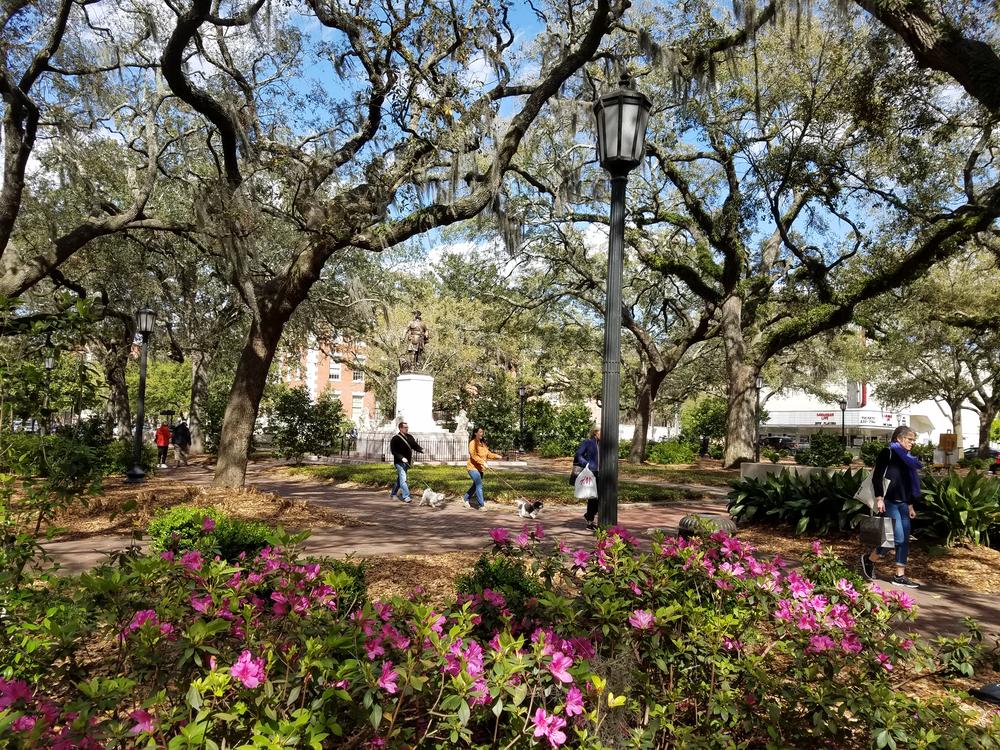Section Branding
Header Content
Savannah Could Lose Historic Landmark Designation
Primary Content
Savannah could lose its National Historic Landmark District status. That loss could threaten grants, tax incentives and professional help with historic buildings.
A National Parks Service study, out Wednesday, says large-scale developments out of keeping with the historic district threaten its integrity. The report also points to projects that disrupt the city’s famous downtown grid.
The report recommends placing Savannah's district on the "Threatened (Priority 1)" list, which means it has suffered or is in imminent danger of "a severe loss of integrity," according to a statement from the Historic Savannah Foundation, which requested the NPS review.
In a separate statement, the City of Savannah said it is working to preserve the historic landmark district. The city pointed to several recent steps, including moves to limit large-scale hotels and short-term vacation rentals in the downtown area.
Ellen Harris with Savannah’s Metropolitan Planning Commission said it’s important the community stay vigilant about every project or development in the historic district.
"Quite often it’s not that one particular project," Harris said. "It’s the cumulative effect on the district, and we really need to be thinking about it in the long term and not the short-term solutions."
Harris said the city’s landmark status has been threatened twice before, in 2002 and in the 1990s. In both cases, the city changed policies or development plans to preserve the designation.
Harris said projects already underway can’t be changed, but updating city policies could help Savannah keep its historic status moving forward.
"It's not too late for us to change course," she said, "and make sure that in the future the new development is more compatible and more sympathetic to the plan and the historic context."
Savannah first earned its National Historic Landmark District status in 1966. The district is one of the largest of its kind in the country, according to HSF.


